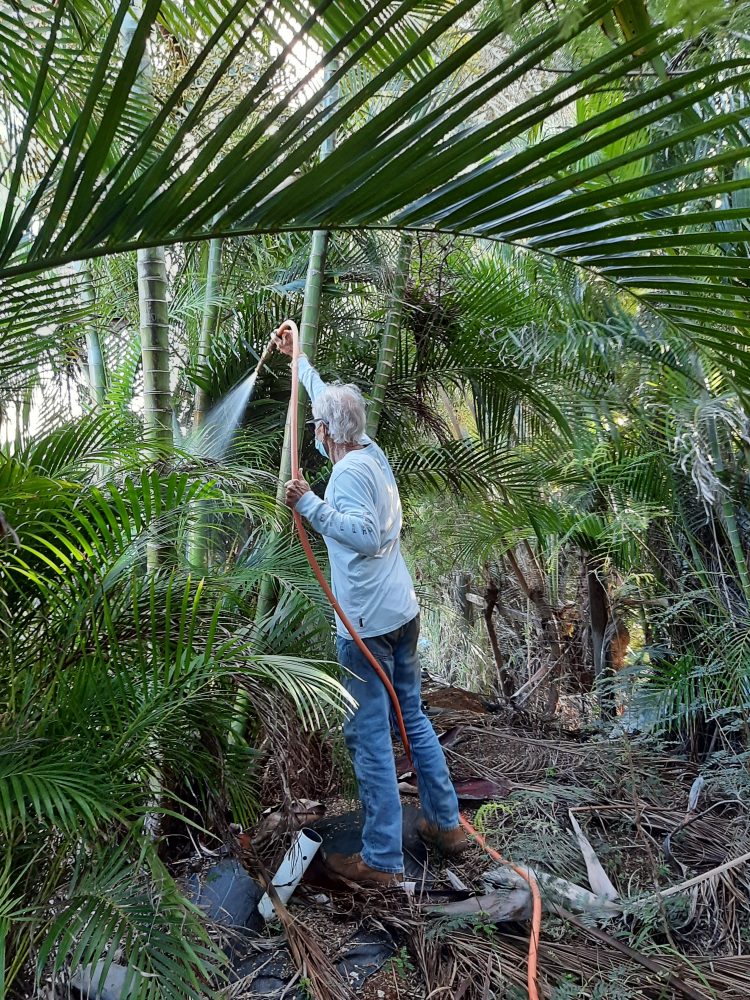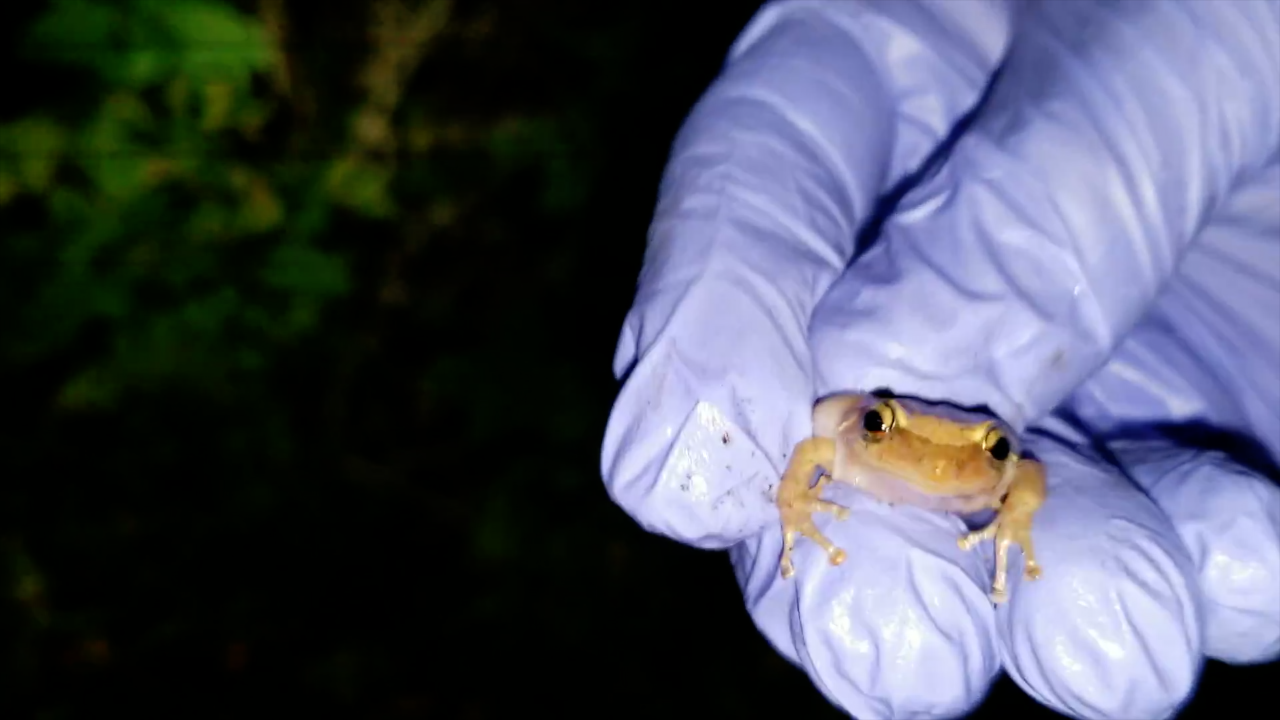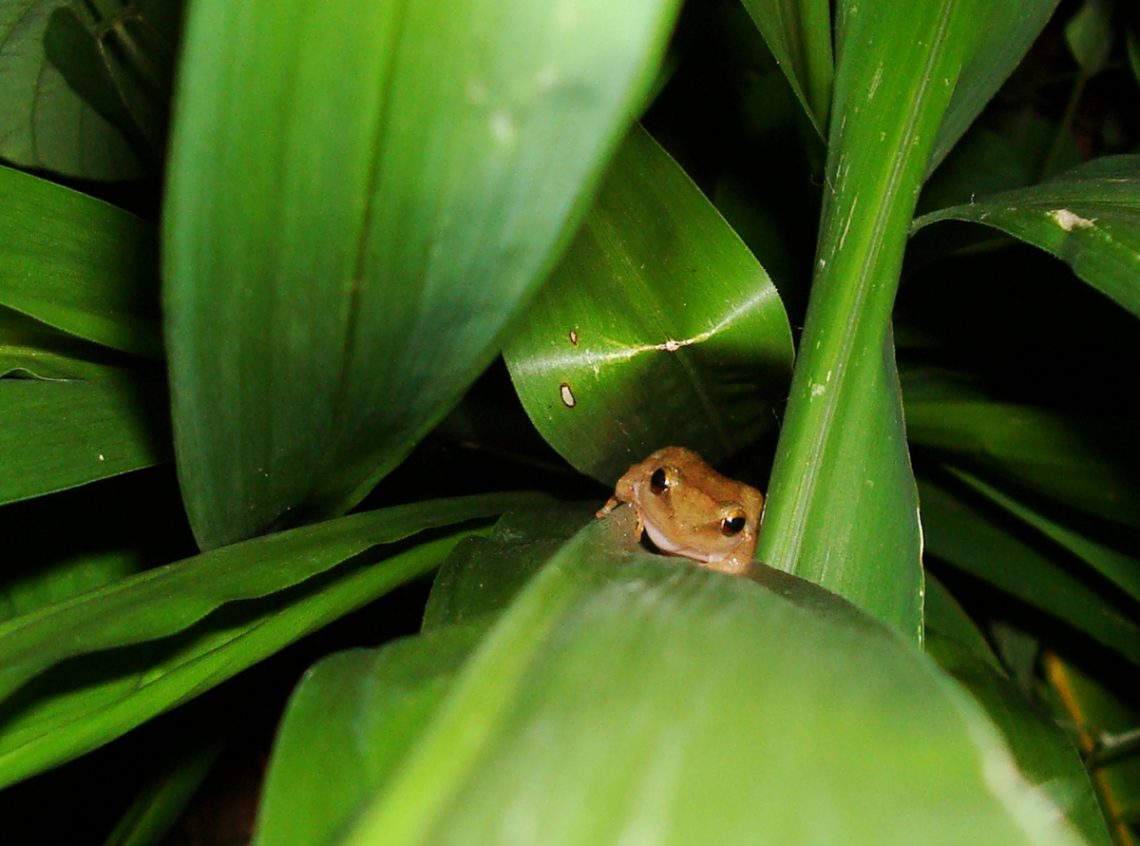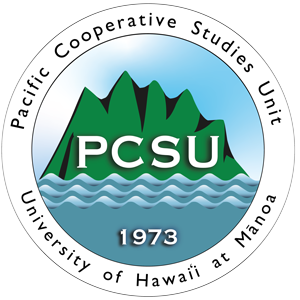Haʻikū communities are taking back their quiet nights from noisy, invasive coqui frogs, with tools and training from the Maui…
Read More
coqui frog
Social media posts help MISC catch coqui frogs
Updated May 18, 2020 Late in the evening on May 12th, 2020 people across Maui started reacting to a video…
Read More
Coqui calls on the rise
The call of the lone coqui may not be increasing in volume, but calls reporting coquis on Maui are on…
Read More
A most unwanted neighbor–coqui frogs
A recent trip to Hilo highlighted the impact coqui frogs can have on our quality of life. It was not…
Read More




